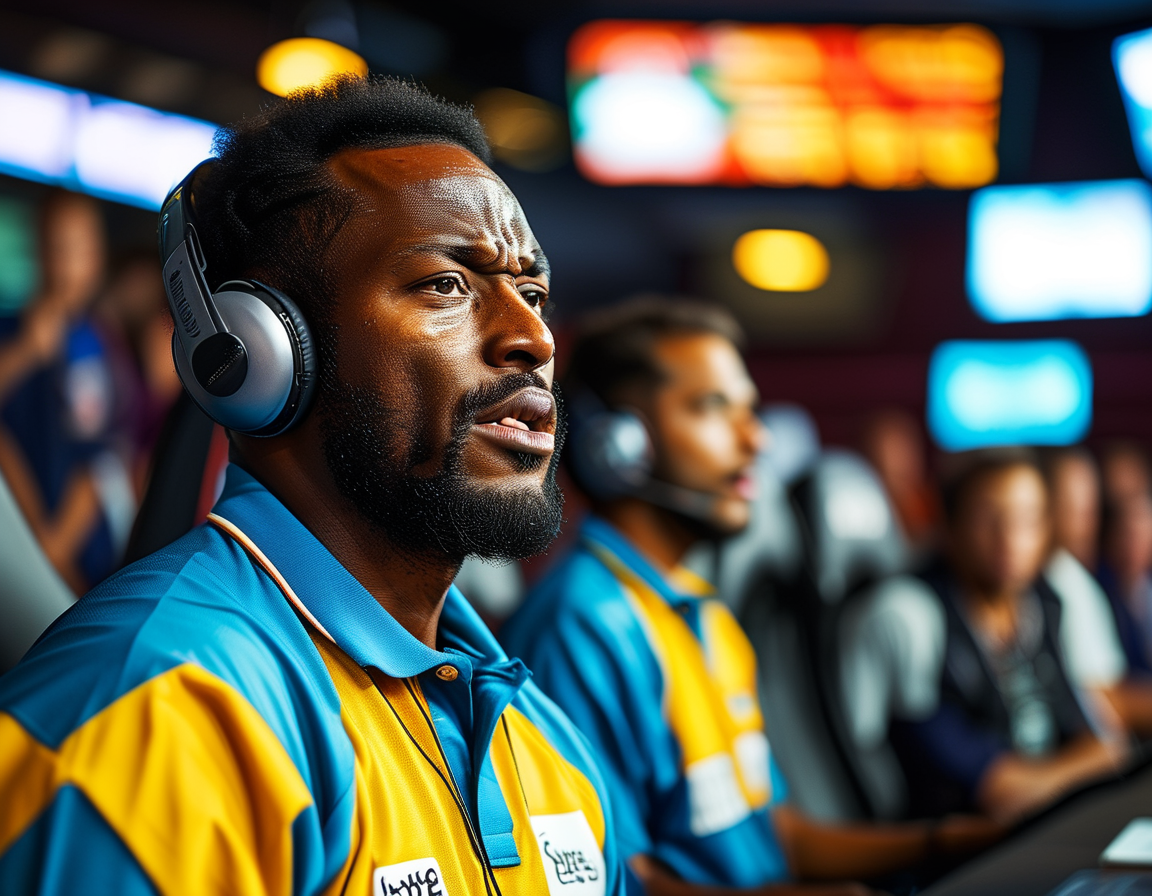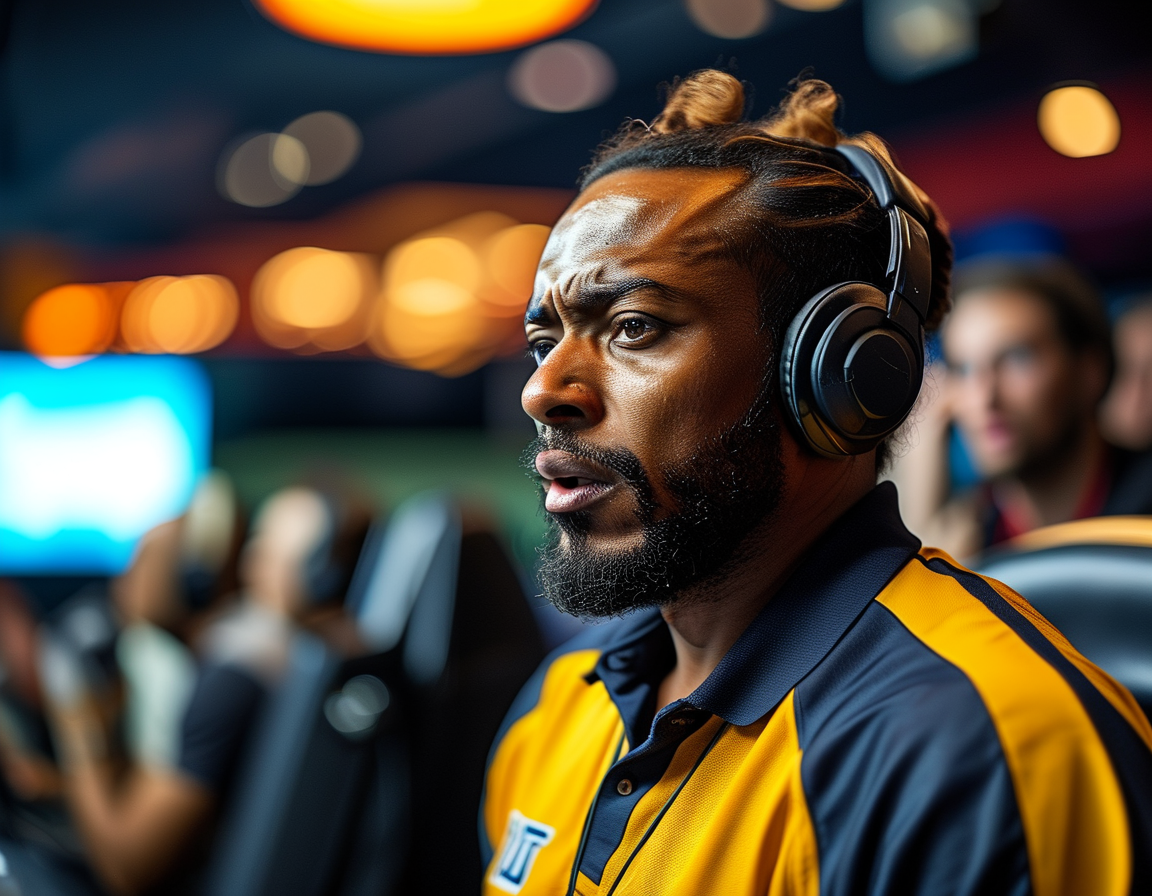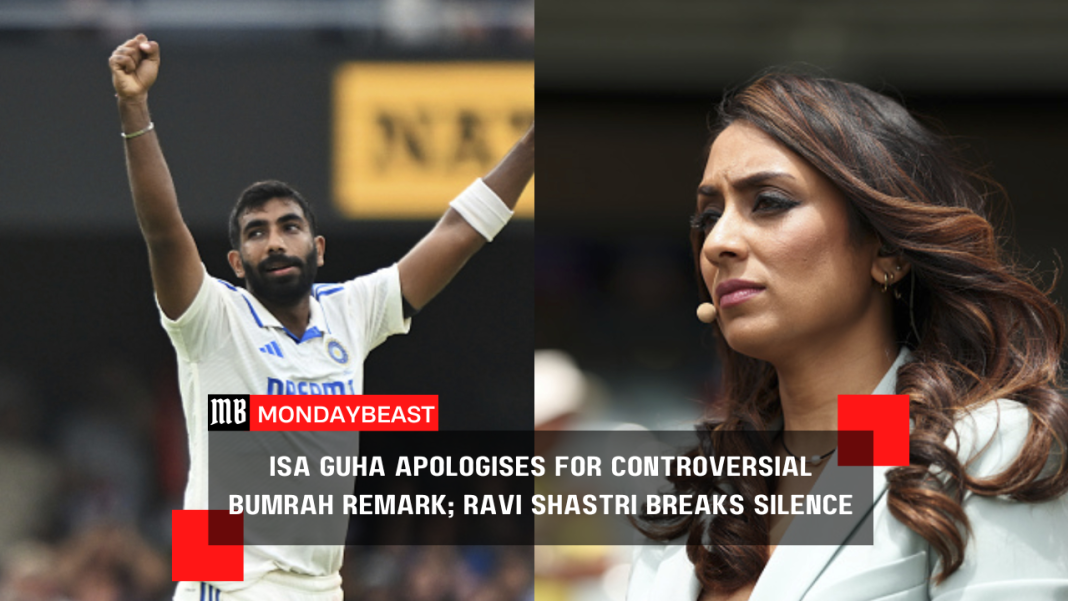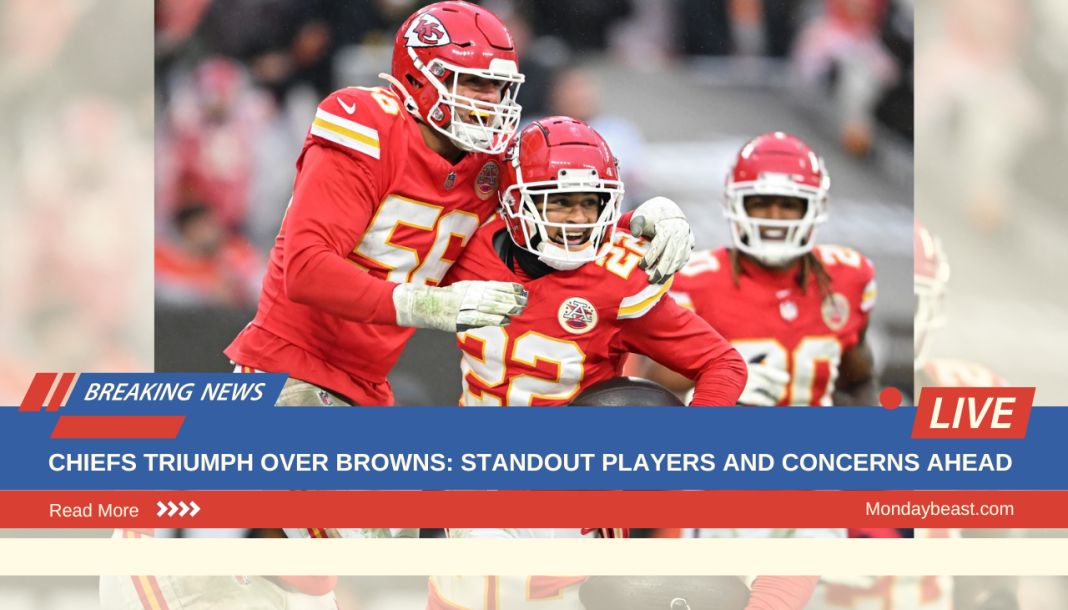Also read
- Isha Guha’s Unfortunate Comment: What Does It Mean for Cricket?
- Starc’s Bowling Brilliance: India’s Batting Dilemma vs Australia
The world of cricket often dances on a fine line between admiration and offense. When Isa Guha, former England women’s cricketer, called Jasprit Bumrah the ‘Most Valuable Primate,’ it sparked immediate backlash. How could a remark intended as praise land so poorly? This situation draws attention to the larger issue of language used in sports commentary and its implications.
The incident unfolded during the Brisbane Test, a stage primed for cricket glory. Guha wanted to underscore Bumrah’s immense talent. Yet her choice of words ricocheted through social media, drawing ire from fans. Many felt the term was inappropriate, overshadowing the athlete’s achievements. Critics quickly took to platforms like Twitter, expressing their anger.

For instance, one user tweeted, ‘This is unacceptable. Professional commentary should uplift players!’ This sentiment reflects a broader frustration with how media often mishandles sensitive topics. Guha, amidst the firestorm, found herself in a precarious position.
Days later, Guha addressed the uproar. She expressed regret during a live broadcast, stating, ‘I used a word that can be interpreted in a number of ways.’ Her apology came with an appeal for understanding. Guha emphasized the importance of context, hoping fans might recognize her intent.
This back-and-forth raises questions. Are commentators held to unrealistic standards, or do they just need more training? In sports broadcasting, the pressure can be intense. There are moments when words spill out before they’re fully thought through. Clearly, Guha faced that very challenge.

Ravi Shastri, former head coach of the Indian cricket team, offered support for Guha. He described her willingness to apologize as brave. ‘People are entitled to make mistakes. We are all human,’ he said. Shastri’s perspective highlights an important idea: we often forget our own fallibility when it comes to others.
Moreover, his position resonates with the age-old debate about redemption. Should a single slip of the tongue define someone’s career? Or should we focus on the positive contributions they have made to the game?
As the dust settles on this incident, what emerges is a layered understanding of language, context, and accountability in sports. Guha’s apology is not just an admission; it’s an invitation for dialogue. How can we foster a culture of inclusion in such spaces?

The cricket community must engage in conversations about language—and people’s perceptions of it. After all, cricket unites us, transcending borders and languages. Ensuring everyone feels respected and valued is essential.
In this instance, the power of words was undeniably potent. It serves as a reminder that language carries weight, especially in the public eye. What does this mean for future broadcasts? Clarifying intentions and creating safe spaces for dialogue will only enhance the sport.
Ultimately, Guha’s commentary was a misstep, yes—but it was also a reflection of the challenges faced in live sports commentary. This unique position is one of both privilege and responsibility. As fans, can we offer understanding, as well as criticism?
This incident may fade with time, but the conversations it sparks could reshape future dialogues in sports. Guha’s experience might just be the catalyst needed for change.




